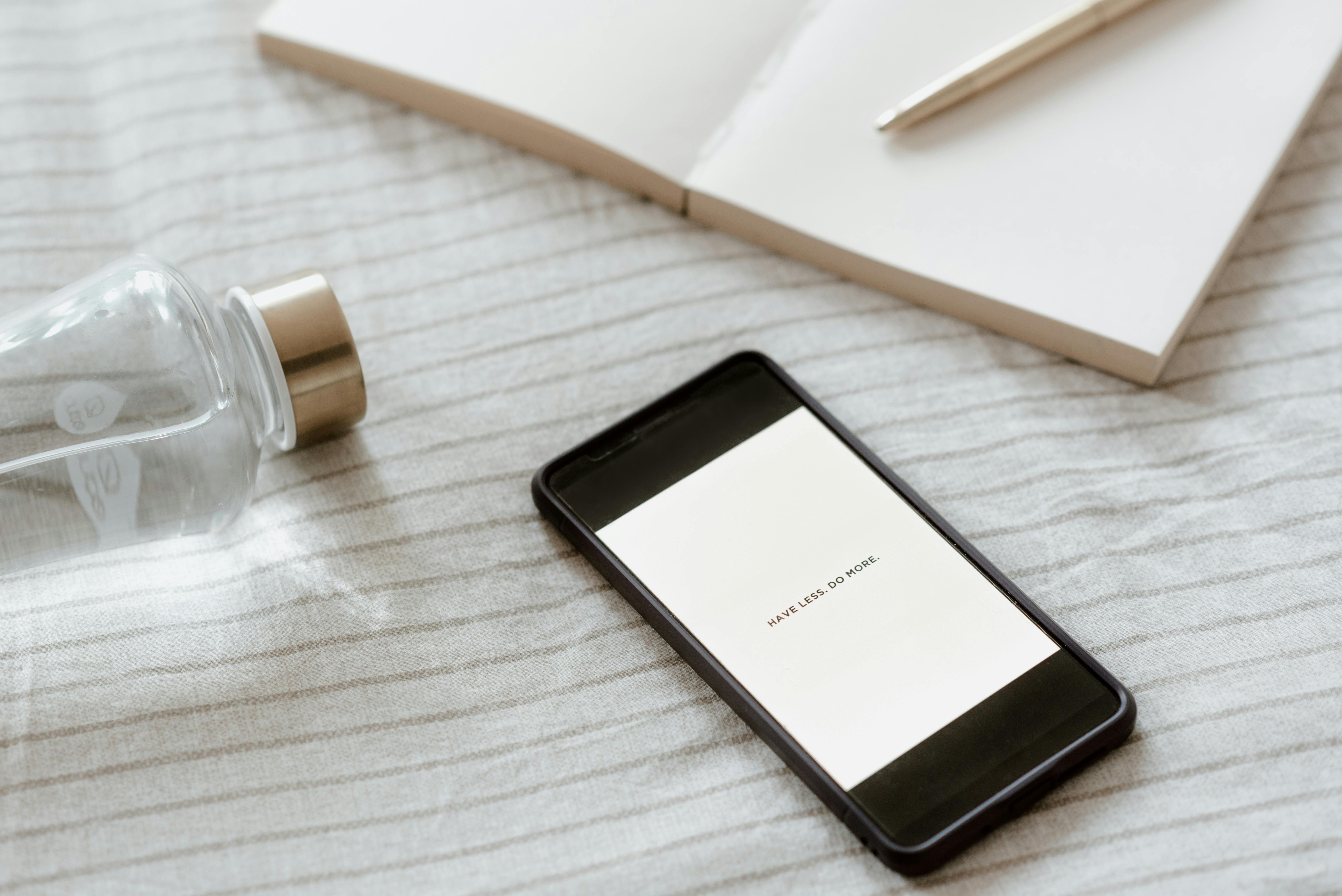Humidifiers are essential appliances for providing moisture in the air, especially during the drier winter months. To ensure your humidifier is running efficiently and safely, it is important to use the right type of water in it. Distilled water is often recommended for use in a humidifier as it does not contain any minerals or impurities that could cause problems with the appliance over time. In this article, we will discuss why distilled water is best for humidifiers and how to use it properly.Distilled water is water that has been purified by a process of distillation. This process involves boiling the water and then condensing the steam back into a liquid. The end result is pure water with no minerals or other impurities present. Distilled water is often used in medical and laboratory settings, as well as for drinking, since it is free from harmful impurities and contaminants.
Why Is Distilled Water Used in Humidifiers?
Humidifiers are devices used to increase the moisture content in the air, making it more comfortable for humans and animals to breathe. To accomplish this, water is vaporized inside the device, with the moisture released into the atmosphere. The use of distilled water in humidifiers is important to ensure that no minerals, chemicals or particles are released into the air.
Without distilled water, hard water would be used in humidifiers instead. Hard water contains an abundance of minerals such as magnesium and calcium carbonate that can be left behind when vaporized. These minerals can form a white dust on furniture and other surfaces in your home. This dust can cause breathing difficulties for some people due to respiratory issues.
Using distilled water also helps to keep your humidifier free from bacteria and other contaminants by removing them during the distillation process. Bacterial growth can occur if untreated tap water is used in a humidifier, creating an unhealthy environment inside your home. This can lead to many health complications such as infections and allergies, particularly among young children or those with weakened immune systems.
Overall, using distilled water helps to protect you from any unwanted particles or contaminants being released into the air by your humidifier. It also helps to reduce potential problems caused by hard water such as mineral deposits on furniture or bacterial growth within the device itself. For these reasons, using distilled water is a must for anyone who owns a humidifier.
What Happens If You Don’t Use Distilled Water in a Humidifier?
Using tap water in a humidifier can cause damage to the machine and even create health risks. Tap water contains minerals such as calcium and magnesium, which can accumulate and clog the appliance over time. This buildup of mineral deposits can block the water flow and reduce the humidifier’s efficiency. It can also cause white dust to be released into your home’s air, which is not only unsightly but also unhealthy for people with allergies or respiratory problems. In addition, using tap water in a humidifier can promote bacteria growth, which can lead to mold or mildew buildup inside the machine. This may create an unpleasant odor that is difficult to remove, and it could make your home’s air quality even worse.
To avoid all of these problems, it is important to use distilled or demineralized water in your humidifier. This type of water has been filtered to remove minerals and other impurities that are found in tap water. Using distilled or demineralized water will help keep your humidifier working properly and prevent any build-up of residue or bacteria growth inside the appliance.
Are There Alternatives to Distilled Water for a Humidifier?
Humidifiers can be essential in keeping the air in your home balanced and comfortable. While distilled water is the most popular option for use in a humidifier, there are other alternatives available. Depending on your needs, you may find one of these alternatives to be a better choice for you.
One of the most common alternatives to distilled water is filtered water. Filtered water has been treated to remove sediment and other impurities, making it safe for use in a humidifier. This type of water does not contain the minerals that can cause buildup in a humidifier, so it is often preferable to distilled water.
Tap water is another alternative that can be used in some types of humidifiers. If you choose this option, it is important to check with your manufacturer to make sure your model can safely handle tap water. If so, then you should use an activated carbon filter or another type of filtration system before adding the water to your humidifier. This will help reduce any potential contaminants that may be present in the tap water.
You may also consider using demineralized or deionized water if you have access to it. These types of waters are more purified than either filtered or tap water, as they have been treated with special chemicals that remove mineral salts from the solution. This can help keep your humidifier free from mineral deposits and also help reduce any potential scale buildup over time.
Finally, there are some speciality products available on the market specifically designed for use in humidifiers, such as bottled spring or mineral waters. These products have been specifically formulated for use in humidifiers and may provide additional benefits depending on their formulation.
No matter which type of alternative you choose for your humidifier, make sure you clean and maintain it regularly according to the manufacturer’s instructions for optimal performance and safety.
How Often Should You Change the Water in a Humidifier?
It is important to keep your humidifier clean in order for it to work properly and to prevent any bacteria or mold from growing. One way to ensure that your humidifier is running efficiently and safely is to change the water regularly. How often you should change the water in your humidifier depends on several factors, including how often it is used, the type of humidifier, and the type of water you are using.
If your humidifier is being used frequently, it is recommended that you change the water at least once a week. For less frequent use, you can wait up to two weeks before changing out the water. If you have hard water in your area, it may be necessary to change out the water more often as minerals can build up in the reservoir over time.
The type of humidifier you have will also influence how often you need to change out the water. A filterless humidifier should have its tank emptied and cleaned every 3-4 days depending on usage. For a cool mist filter-based model, replacement filters should be changed every two weeks or so depending on usage and mineral levels in your local water supply.
Finally, if you are using distilled or demineralized water with your humidifier, you should still replace it at least once a week as bacteria can still grow even without minerals present in the water supply.
In conclusion, how often you need to replace the water in your humidifier will depend on several factors including frequency of use, type of humidifier, and type of local water supply. It is best practice to check weekly and empty/clean/replace filters as needed for optimum performance and safety.

What Are the Benefits of Using Distilled Water in a Humidifier?
Using distilled water in a humidifier has numerous benefits. The first and most important benefit is that it eliminates the risk of mineral buildup in the humidifier, which can cause damage to the unit over time. In addition, distilled water prevents bacteria and other contaminants from entering the air, which can cause respiratory issues for those with allergies or asthma. Distilled water also helps to maintain a consistent level of humidity in the air, creating a comfortable atmosphere in the home or office. Finally, distilled water does not leave behind any residue that can accumulate on surfaces and furnishings, unlike tap or mineral water.
In conclusion, using distilled water in a humidifier is beneficial for many reasons. It eliminates the risk of mineral buildup, prevents bacterial contamination of the air, maintains consistency of humidity levels, and does not leave behind residue on surfaces or furnishings.
Is It Safe to Use Tap Water in a Humidifier?
Using tap water in a humidifier can be safe, but it is important to understand the risks and take steps to minimize them. Tap water contains minerals, bacteria, and other contaminants that can cause health problems if inhaled. To ensure your safety, it is important to maintain your humidifier properly. This includes cleaning it regularly with distilled or filtered water and replacing the filter regularly. Also, be sure to use the correct type of filter for your specific model of humidifier and follow the manufacturer’s instructions for use.
Tap water also has the potential to create a white dust in your home if you do not use a filter or clean your humidifier regularly. The dust particles created by evaporating tap water may contain minerals such as calcium and magnesium, which can be irritating when inhaled. To reduce this risk, use distilled or filtered water instead of tap water in your humidifier. Also, be sure to clean the unit on a regular basis according to the manufacturer’s instructions.
Finally, it is important to keep your indoor humidity levels within a healthy range for optimal air quality. Too much humidity can create an environment that is ideal for mold growth and other allergens such as dust mites. By monitoring your indoor humidity level with a hygrometer and adjusting as necessary with your humidifier, you can ensure that you are keeping a healthy environment in your home.
Does Boiled Water Work as Well as Distilled Water in a Humidifier?
Using distilled water in a humidifier is typically recommended to prevent the accumulation of minerals that can damage the device. Boiled water is an alternative option that can be used if distilled water is not available. Boiling the water removes some of the minerals, but it does not remove all of them. As such, using boiled water can still lead to a buildup of minerals that could cause damage to the humidifier and shorten its lifespan.
To ensure a longer life for your humidifier and optimal performance, it is best to use distilled water if possible. If distilled water is not available, however, boiled water may be used as an alternative. To get the most benefit from boiling the water, it should be boiled for at least 10 minutes so that as many minerals as possible are removed from it before being used in the humidifier.
It is important to note that although boiled water may work in place of distilled water in a humidifier, it will not be as effective or provide the same level of protection against mineral buildup. Therefore, if you are using a humidifier regularly, it is best to use distilled water whenever possible and only resort to using boiled water when absolutely necessary.

Conclusion
In conclusion, using distilled water in a humidifier is the best option to reduce the risk of bacteria and mineral deposits in your humidifier. It’s also important to keep your humidifier clean and regularly replace parts to ensure it’s working properly.
Using distilled water can help improve the air quality in your home, as well as reduce static electricity and keep your skin hydrated. Ultimately, the type of water you use for your humidifier is up to you, but distilled water is generally the most recommended option.

